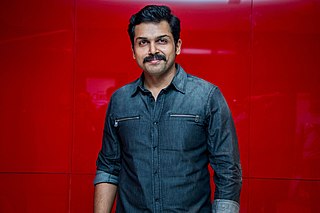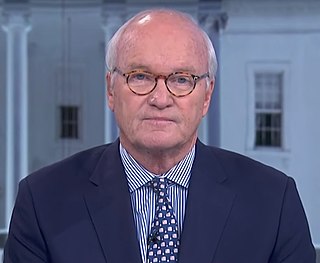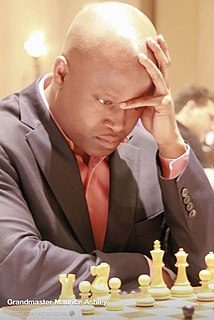Top 44 Ipads Quotes & Sayings
Explore popular Ipads quotes.
Last updated on April 14, 2025.
We're in an inflection point where it's cheaper to learn to read on a tablet computer than it is to learn to read on paper. And that being the case, it's only a matter of time before every 6-year-old kid has a tablet computer, and we know for a fact, 3- to 4-year-old kids are using tablets and iPads, and 75 and 80 year olds are using them.
Something really big happened in the world's wiring in the last decade, but it was obscured by the financial crisis and post-9/11. We went from a connected world to a hyperconnected world. I'm always struck that Facebook, Twitter, 4G, iPhones, iPads, high-speech broadband, ubiquitous wireless and Web-enabled cellphones, the cloud, Big Data, cellphone apps and Skype did not exist or were in their infancy a decade ago.
If you cannot make moving pictures about yourself, your country and your culture, it's as if you do not exist anymore in this world of images we live in. Because now when we all switch on our smartphones or our iPads or our computers, it's all image and sound. All people and cultures must work to secure their place in the digital space. Cinema is also political in this way.
I remember somebody saying, "I feel really bad for kids growing up around iPads right now. It's just too complicated. Life's too complicated." I think, yeah, but I remember being a kid and holding up a new piece of technology that was made in the '80s and my grandparents going, "Oh, it's too complicated." It didn't seem complicated to me.
We spend our way to the poorhouse. We buy giant TVs and iPads. Our children wear nice clothes thanks to high-interest credit cards and payday loans. We purchase homes we don't need, refinance them for more spending money, and declare bankruptcy, often leaving them full of garbage in our wake. Thrift is inimical to our being.
This film [Doctor Strange] kind of takes that everyday boring reality and really bursts it wide. So we talked a lot about that. In many ways there's something very practical about this world, the Kamar-Taj. It's - You know, we all look like samurai warriors, but actually there are iPads everywhere and there's a feeling that it's a practical possibility for this modern world that the Doctor Strange universe is functioning, and that we know it and it's around the corner for all of us.
We have more tools at hand, literally, to make life easier and more productive than ever. We have Google, Wikipedia, iPads, iPhones, iTunes, YouTube, Netflix, and 600 cable channels. We can shop, pay bills, order food, and get nearly everything delivered, all of it with the touch of a finger on a device in the palm of our hand.
I really love newspapers. They are disposable. They are recyclable. They fall apart so easily. They are not like iPads or Kindles that can't be disposed of and end up on some third-world shore. And I love the heritage of them, the whole history of mass communication. Newspapers changed the world from being a really class based, feudal system to people being able to cheaply get information that informed them.











































